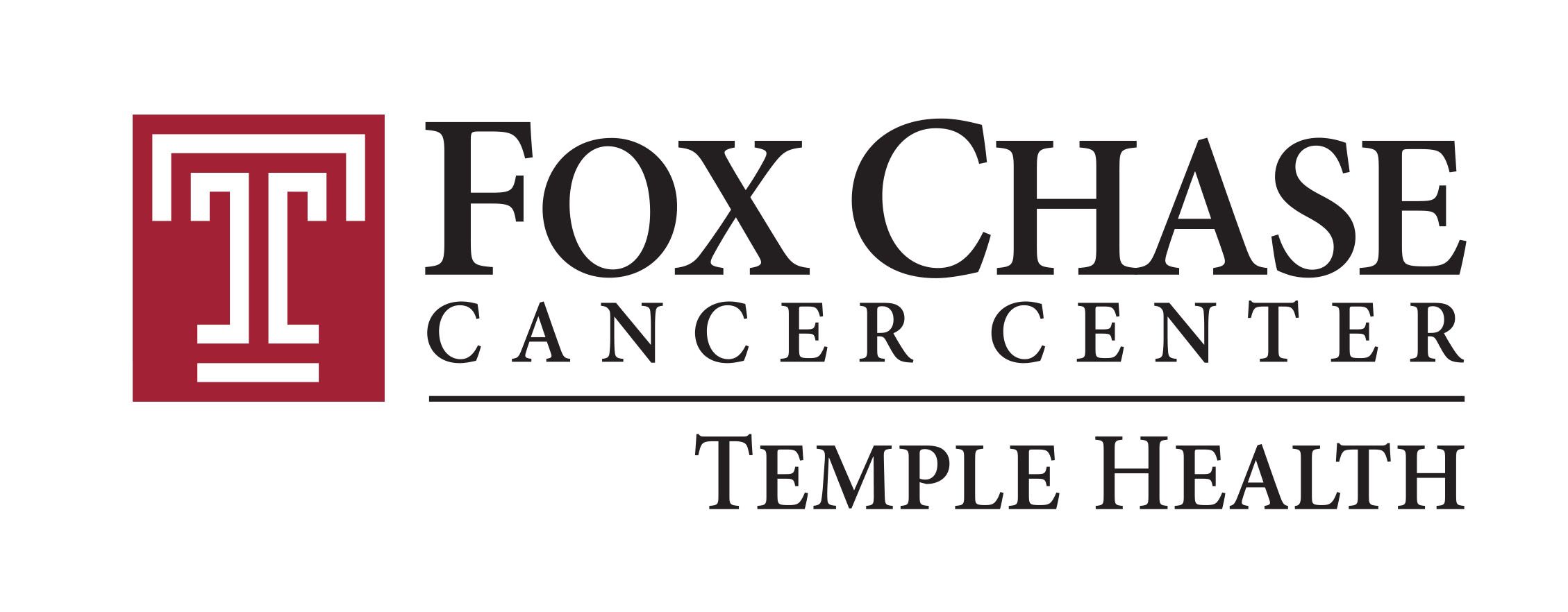- Advertise
- About OncLive
- Editorial Board
- MJH Life Sciences brands
- Contact Us
- Privacy
- Terms & Conditions
- Do Not Sell My Information
2 Clarke Drive
Suite 100
Cranbury, NJ 08512
© 2025 MJH Life Sciences™ and OncLive - Clinical Oncology News, Cancer Expert Insights. All rights reserved.
Fox Chase Cancer Center Researchers Find Differences in the Gut Microbiomes of Bladder Cancer Patients
A new study by researchers at Fox Chase Cancer Center and other institutions adds to that body of research, finding that there are significant differences in the microbiomes of patients who developed bladder cancer compared to those who were healthy.
The gut microbiome — the collection of microbes that live in the intestines — is increasingly recognized to be involved in the development of disease, progression, and response to treatment, but to date only a few studies have investigated its role in bladder cancer.
Now a new study by researchers at Fox Chase Cancer Center and other institutions adds to that body of research, finding that there are significant differences in the microbiomes of patients who developed bladder cancer compared to those who were healthy.
The finding raises intriguing questions about whether the microbiome itself influences cancer risk or is disrupted by the same triggers that cause the cancer. It also suggests the potential of modifying or influencing the microbiome in order to reduce cancer risk, said co-author Philip Abbosh, MD, PhD, Assistant Professor in the Nuclear Dynamics and Cancer Research Program at Fox Chase. He added that the study points to the need for more research in this area.
“By now it’s pretty well known that the microbiome probably does affect the way you respond to certain therapies,” he said. “If that’s true, and if you’re a patient with bladder cancer, you want to know how you can change your microbiome to have a better response to therapy and hopefully live longer.”
The study originally set out to look at whether the microbiome was linked to chemotherapy response in patients with urothelial carcinoma, the most common form of bladder cancer. The results were negative: researchers compared the microbiomes of patients who responded to treatment with those who did not and found no significant differences.
Laura Bukavina, MD, MPH, MS, a Urologic Oncology Fellow at Fox Chase when the research was done and the study’s lead author, developed a machine learning tool that showed promise for predicting chemotherapy response using the patient’s microbiome profile. However, the study did not identify a specific bacteria or cluster that could be used as a biomarker across patients.
But Abbosh said the study’s other findings were intriguing. Along with finding differences between healthy people and bladder cancer patients, researchers compared the microbiomes of cancer patients with their partners or people who lived with them.
The idea was that sharing a home meant both people were likely exposed to the same sources of the microbiome, such as food, drinking water, and pets. Researchers were surprised that cancer patients did not have significantly different microbiomes from their partners. They also found that patients’ microbiomes were not significantly changed by chemotherapy.
“This is just the beginning of realizing the potential. Our study demonstrates the ability to predict therapeutic response based on an individual’s gut microbiome signature — not a single organism, but the overall microbial profile,” said Bukavina, who is now an Assistant Professor of Urologic Oncology in the Department of Urology at the Cleveland Clinic Glickman Urological Institute.
“The next step is to apply this approach to other bladder cancer therapies to validate our findings, eventually paving the way for fecal microbiota transplantation,” she added. In this type of transplant, a medically processed fecal sample from a healthy donor is introduced into a patient’s digestive tract to restore healthy bacteria in the lower intestine.
Abbosh said he and Bukavina are continuing to collaborate on studies looking at the role of the microbiome in bladder cancer, including how it affects response to immunotherapy and interactions with novel drugs. A key goal is to identify interventions, such as dietary changes or fecal microbiota transplantation, that can optimize the microbiome to give patients a better chance of survival.
“The first question is, does the microbiome really affect your likelihood to respond? And most of us think it does have an effect,” Abbosh said. “The next question is, how do you convert your microbiome to a ‘good’ microbiome or how do you keep a ‘good’ microbiome? There’s a lot of work to be done there.”
The study, “Role of Gut Microbiome in Neoadjuvant Chemotherapy Response in Urothelial Carcinoma: A Multi-Institutional Prospective Cohort Evaluation,” appeared in Cancer Research Communications.
Related Content:





